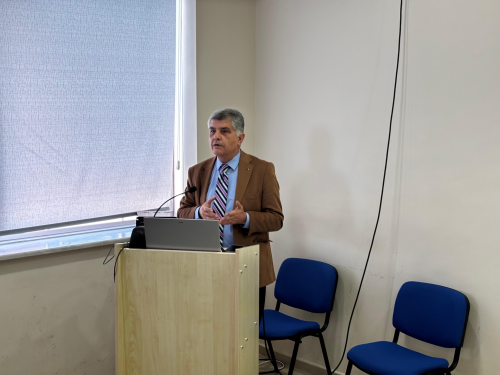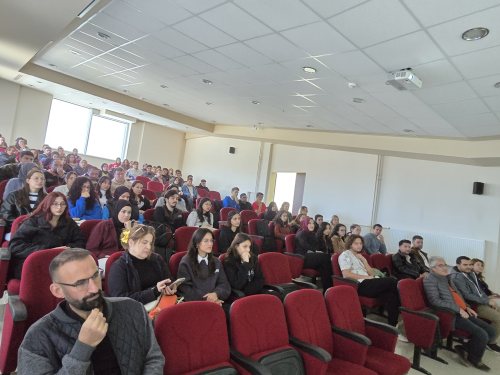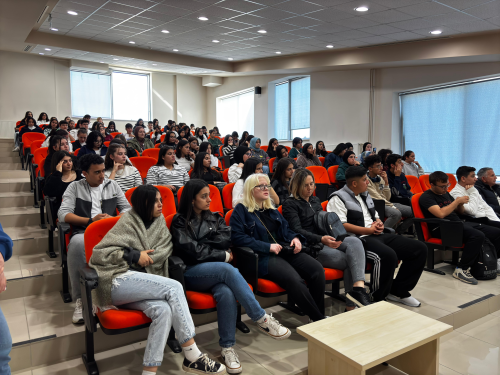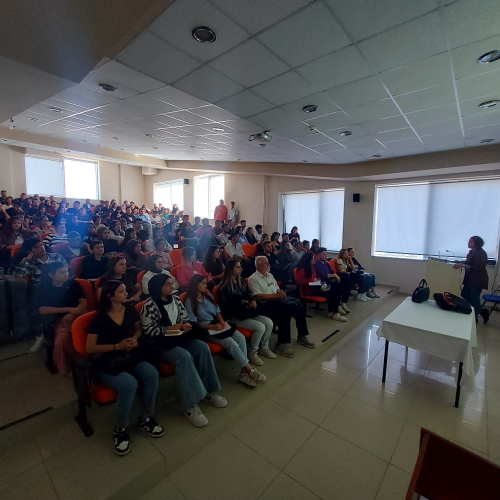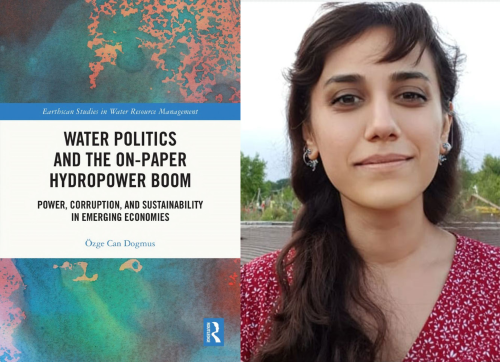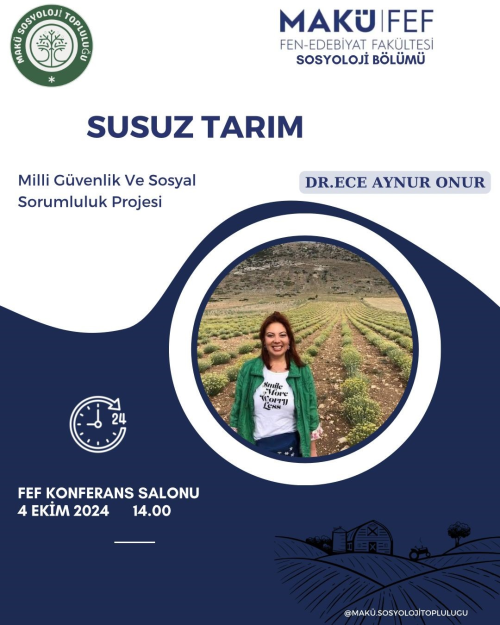“Water Politics and the On-Paper Hydropower Boom: Power, Corruption, and Sustainability in Emerging Economies”
Yapılış Tarihi | 05 November 2024, Tuesday
Mehmet Akif Ersoy University Geography Department Dr. Lecturer Özge Can Doğmuş's new book “Water Politics and the On-Paper Hydropower Boom: Power, Corruption, and Sustainability in Emerging Economies” was published by Routledge Publications (Publication date: June 28, 2024).
This book examines how the rapid increase in the number of planned but on-paper hydropower plants affects secure and fair water and energy access in emerging economies.
The increase in the number of global hydropower plant plans is largely due to small hydropower plants located in emerging economies; however, issues such as insufficient funding, poor planning, and corruption prevent these projects from being realized. Defining this situation as the rapid increase in the number of “on-paper” hydropower plants, this book focuses on the hydrosocial issues caused by incomplete projects. It discusses how these proposed but unbuilt projects can lead to disruptions in the control and management of water resources, increase the international dependency of developing countries due to deep problems in sustainable development planning, and how all these can impact both ecosystems and the communities dependent on these ecosystems. In this context, while critically evaluating the dominant discourses on energy security and sustainable development, the book draws attention to the extent to which the effects of global imperialism operate; it examines the effects of international power relations in the hydrosocial context and how these relations reinforce international dependency. Additionally, by emphasizing that global hydropower plant projects can have a significant impact on human-water systems despite largely remaining on paper, it offers a unique perspective on this situation. Each chapter contributing to the discussion of hydrosocial relations provides an in-depth analysis of the social, cultural, and political interactions people have with water and uses these findings to enable a more nuanced understanding of the problems and challenges brought by on-paper projects.
This book will offer great interest to students and researchers in the fields of water policies, water management, political ecology, corruption, and environmental economics; as well as to policymakers in the field of sustainable development.
We congratulate our faculty member and wish her continued success.
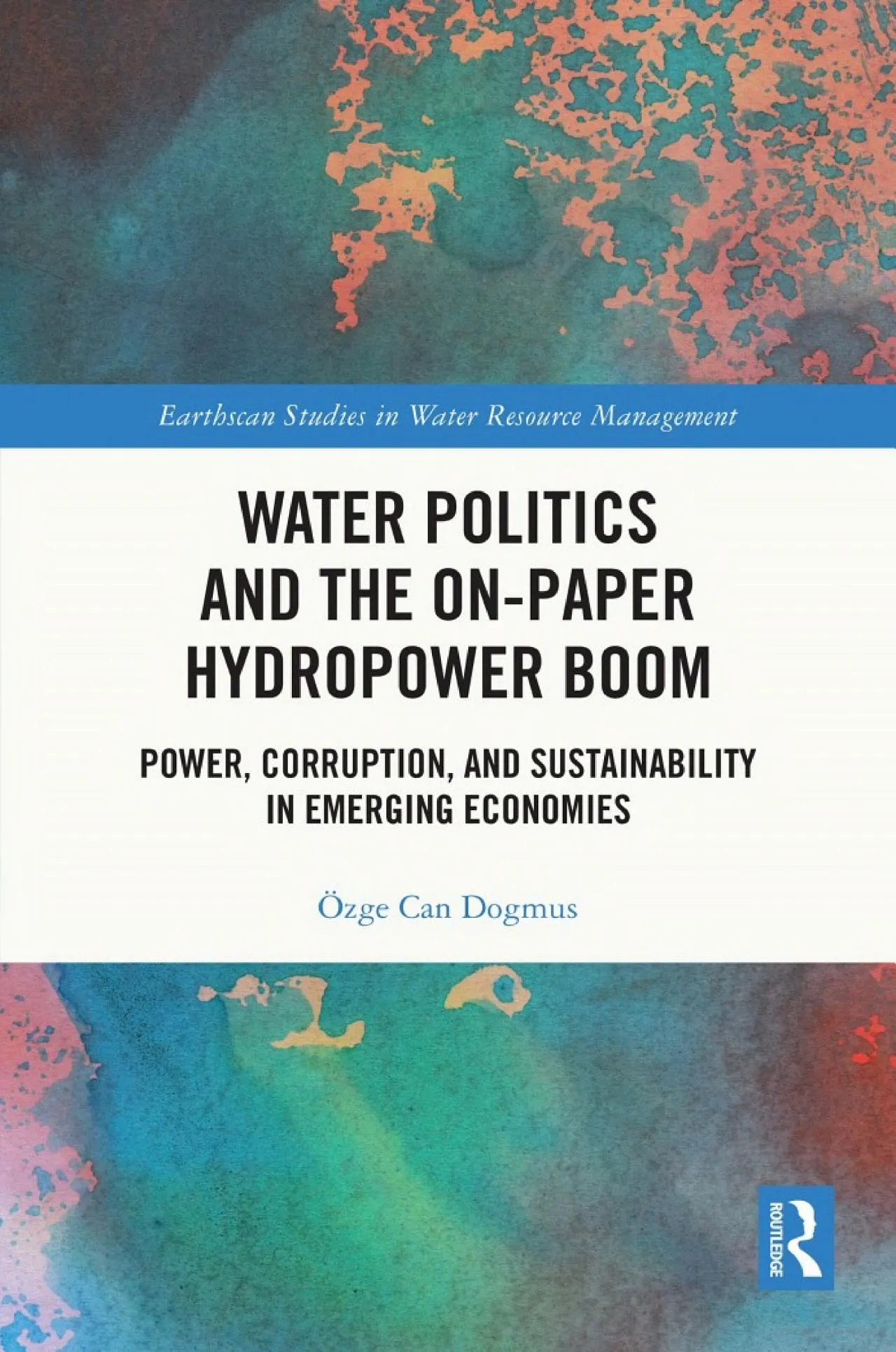
Diğer Haberler
